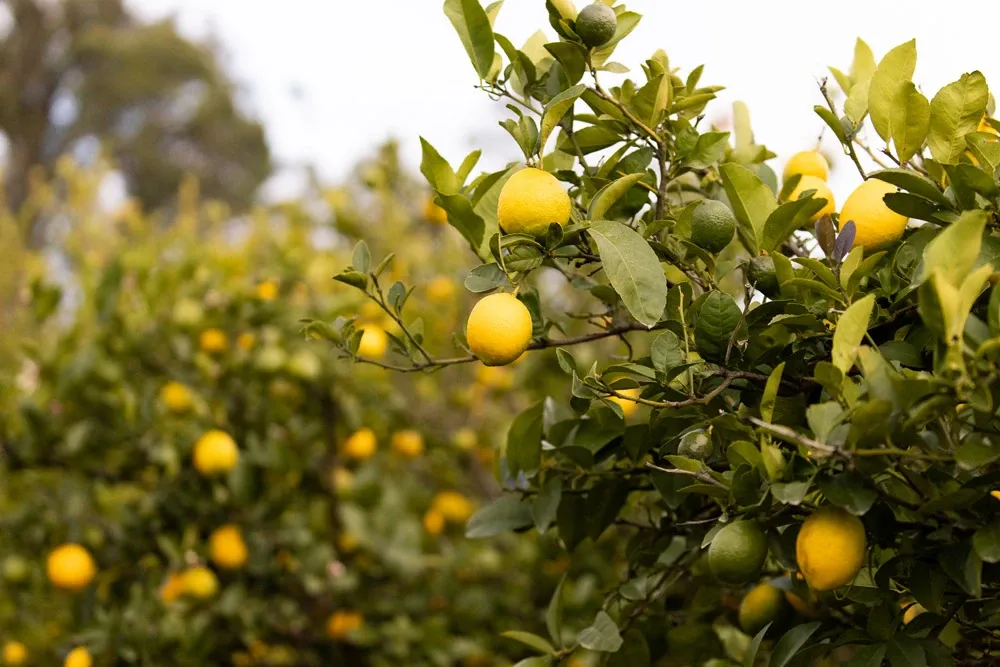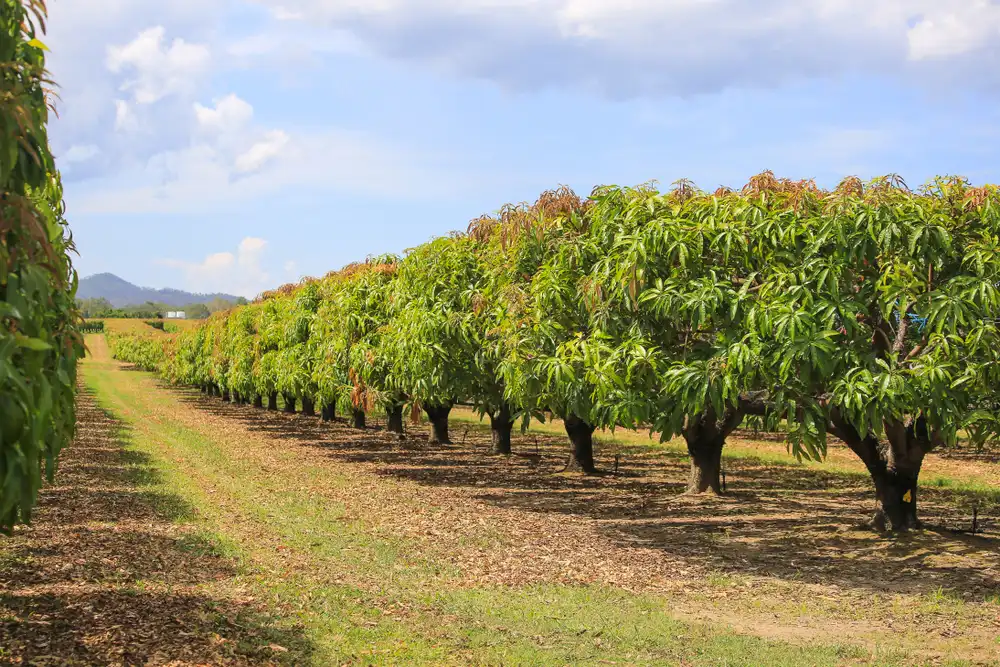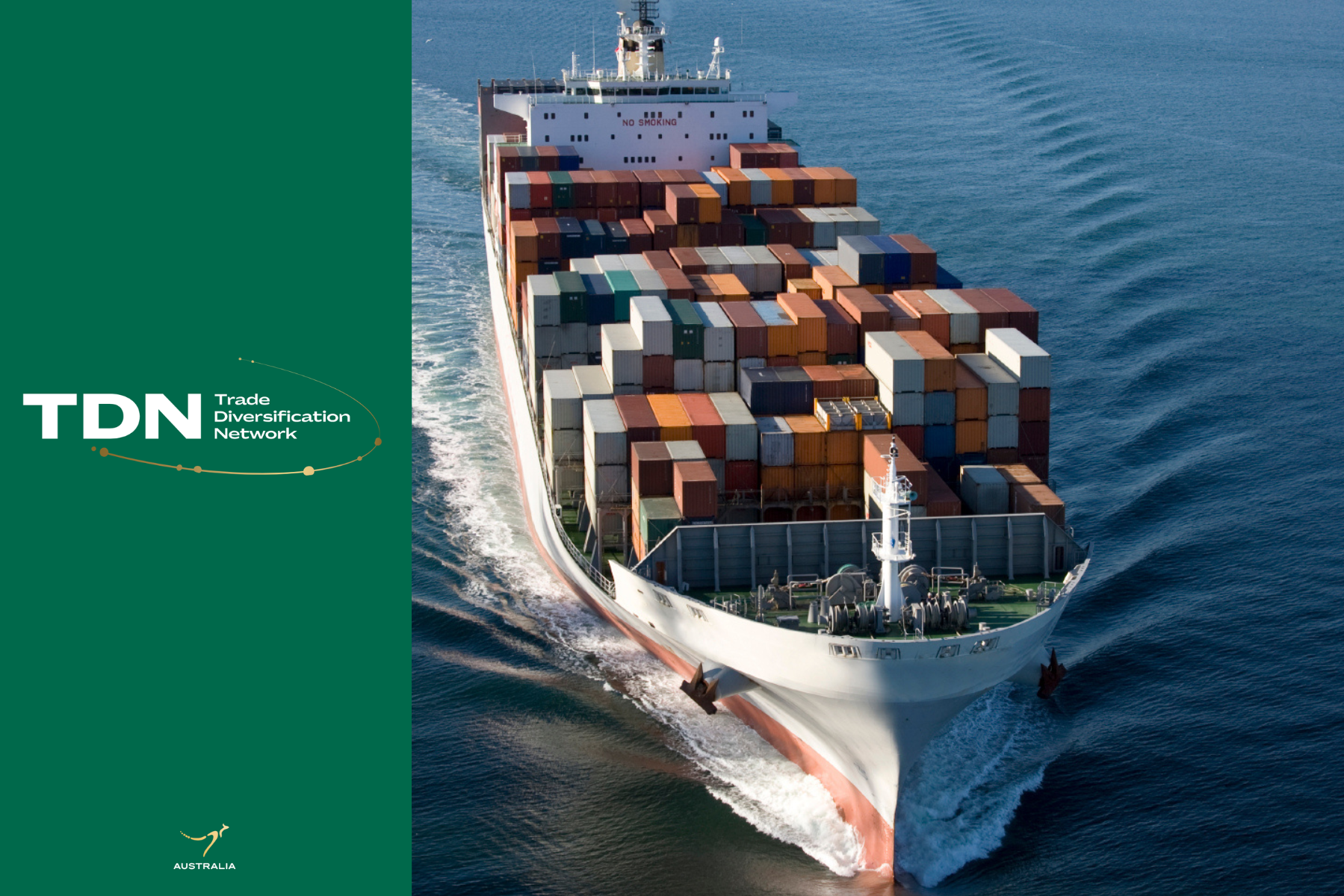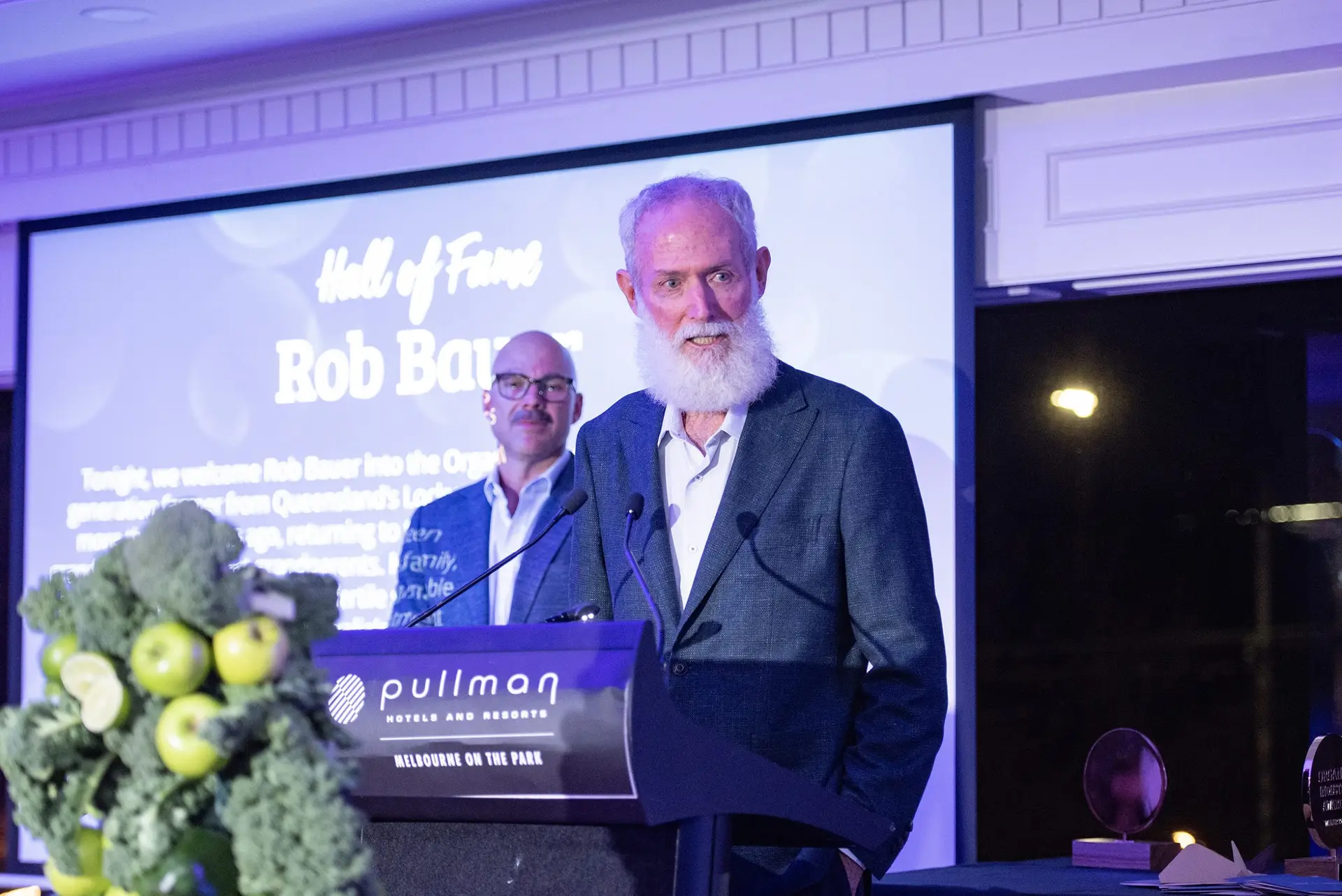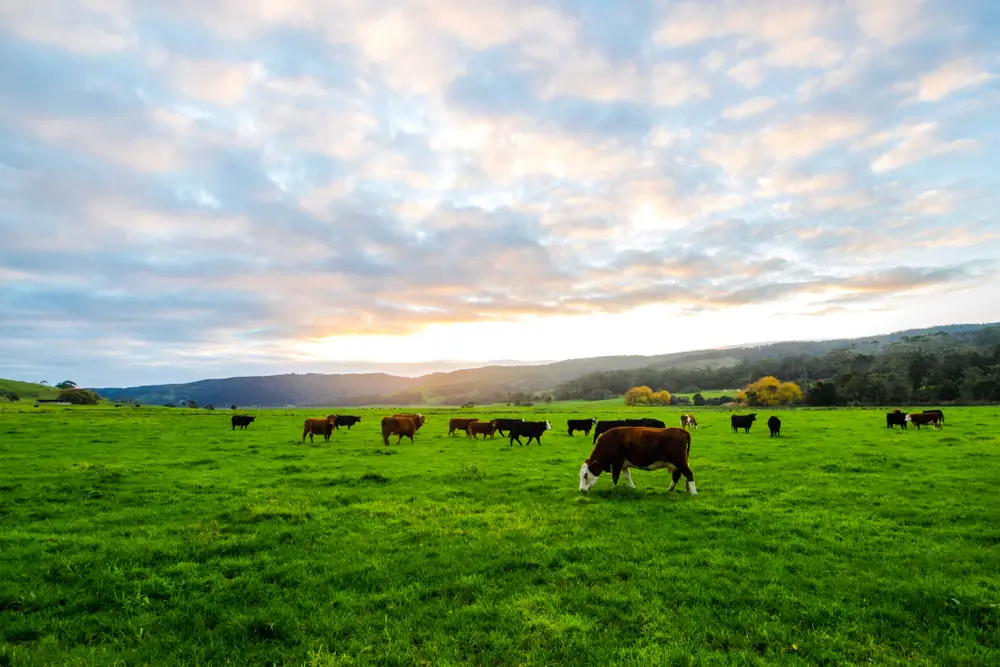The certified organic industry continues to be on the agenda in Canberra, with peak body Australian Organic Limited (AOL) appearing at the latest public hearing of the Joint Standard Committee for Trade and Investment Growth’s Inquiry into the understanding and utilisation of benefits under Free Trade Agreements.
Days after the National Organic Standard Bill was tabled in the Senate to create a legal definition of the word ‘organic’, leading industry voices came together on Friday to debate how Free Trade Agreements (FTAs) could provide more benefits to the certified organic industry.
AOL’s submission to the Inquiry called for: an updated domestic regulatory framework to align with key trading partners; streamlined negotiation processes to ensure organic products are considered concurrently with other agreements; and, a continual revision program for the Manual of Importing Country Requirements (MICOR) organic page.
AOL Chief Executive Officer, Jackie Brian, and Operations and Technical Manager, Josefine Pettersson, highlighted to committee members the new opportunities that would be opened for the $2.6 billion industry by refining Australia’s regulatory settings and support mechanisms for organic operators.
“Updating the domestic regulatory framework to include a definition for the term ‘organic’ will close the non-trade barrier that exists in this space and help increase opportunities to negotiate with countries like the United States and South Korea for equivalency,” Ms Brian said.
“Without a definition for organic for domestic sales, these countries will continue to ignore equivalency with Australia.
“The second issue identified in our submission was that too often, free trade agreement negotiations don’t include the organic industry and once finalised have side letters agreeing to negotiate on organic industry matters.
“These side letters can take years to finalise. For the organic industry, this means they are left in limbo and miss out on the opportunities that exist for them in the agreement until the organic side letter is implemented.
“On top of these issues, the current information for organic operators on the Manual of Importing Country Requirements (MICOR) page is limited to those countries we already have equivalency agreements with.
“Improving this baseline information for organic operators looking to export is a good first step in improving the use of a free trade agreement, as it would highlight the basic requirements and any possible issues facing exporters.”
Of the five countries Australia has full or partial equivalency with for organic products, only two – Japan and the United Kingdom – also have free trade agreements that are currently in force.
“Because of the regulatory framework in Australia, organic operators here who wish to enter markets like the United States and South Korea are forced to spend more on conforming to their standards than they would have to if an equivalency arrangement was in place,” Ms Brian said.
“Both the United States and South Korea have made it clear that until there’s a domestic regulatory framework in Australia, establishing equivalencies for organic products is not feasible. This is a huge trade barrier for these certified organic operators who are already meeting Australian export standards.
“Australia’s world-class certified organic industry has an untapped opportunity for growth and to play a bigger role in the export market, however, the current barriers that exist risk stunt this opportunity.
“AOL and its members are committed to working with the government and relevant departments to help reduce these barriers and propel Australia’s organic industry forward.”
- Access AOL’s full submission to the Inquiry into the understanding and utilisation of benefits under Free Trade Agreements here.
Media enquiries:
Matt Wordsworth – [email protected] – 0404 029 241
Tim Vetter – [email protected] – 0439 681 793
